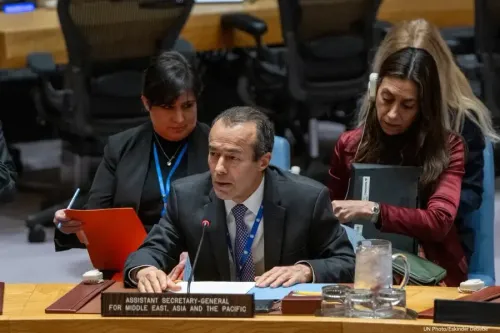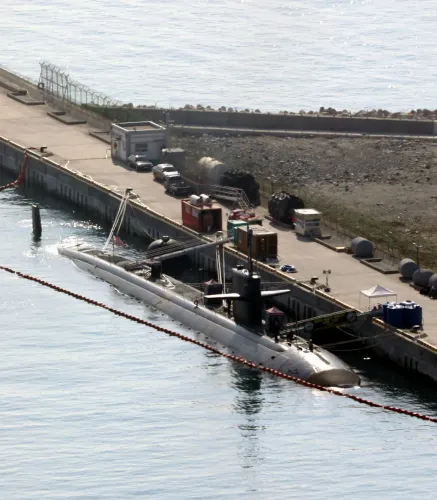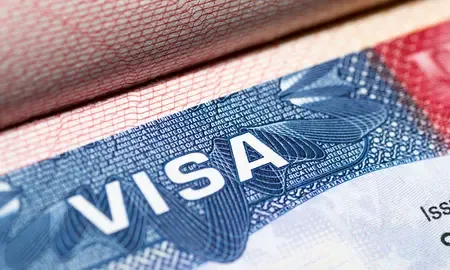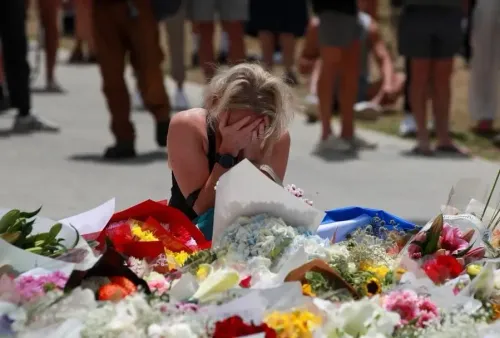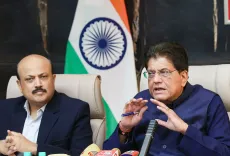How is India Strengthening Ties with the Arab League Against Terrorism?
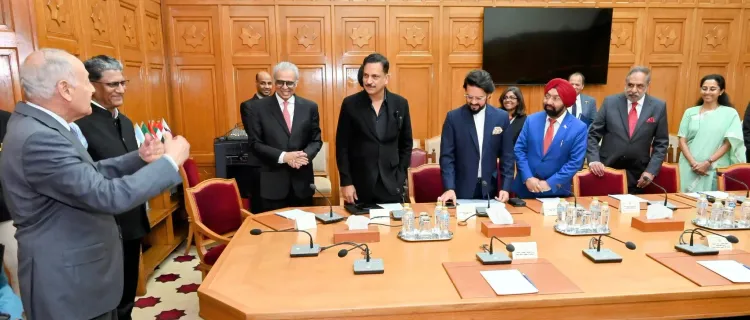
Synopsis
Key Takeaways
- Strengthened diplomatic ties between India and the Arab League.
- Emphasis on a unified front against terrorism.
- Discussions on extensive political, economic, and cultural engagement.
- Solidarity between India and Egypt reaffirmed.
- Recognition of India's commitment to zero tolerance towards terrorism.
Cairo, June 3 (NationPress) An all-party delegation led by NCP (SP) Supriya Sule met with the League of Arab States Secretary-General Ahmed Aboul Gheit on Tuesday, emphasizing India's united approach and collective resolve to tackle terrorism.
The leaders highlighted that combating terrorism remains a top priority for both the Arab League and India.
Discussions also delved into India's extensive political, economic, and cultural interactions with the Arab nations.
The League of Arab States, headquartered in Cairo, Egypt, is an intergovernmental organization representing all Arab states in the Middle East and North Africa, founded in Cairo on March 22, 1945, following the Alexandria Protocol in 1944.
Currently, it includes 22 Arab nations: Algeria, Bahrain, Comoros, Djibouti, Egypt, Iraq, Jordan, Kuwait, Lebanon, Libya, Mauritania, Morocco, Oman, Palestine, Qatar, Saudi Arabia, Somalia, Sudan, Syria, Tunisia, the United Arab Emirates, and Yemen.
The delegation engaged with the vibrant Indian community in Egypt.
The Indian Embassy in Cairo stated, "The community welcomed the delegation's visit and the vital message they conveyed regarding combating terrorism."
On Monday, the delegation received insights from Indian Ambassador to Egypt Suresh Reddy about the robust India-Egypt Strategic Partnership and Egypt's strong stance against terrorism, particularly in light of solidarity with India following the April 22 Pahalgam terror attack, along with close cooperation on counter-terrorism efforts.
Subsequently, they had productive discussions with Senator Hossam Al-Khouly of the Mostaqbal Watan Party and MP Hazem Omar, including Chairpersons and members of various Parliamentary Committees.
The Senate reaffirmed its solidarity with India, reiterating the significance of the close Strategic Partnership between India and Egypt.
This was followed by fruitful discussions with MP Karim Darwish, the Chairman of the Foreign Affairs Committee, and other distinguished members of the Egyptian House of Representatives.
The Indian parliamentarians also engaged in insightful dialogues with significant figures in Egypt, including former Ministers and prominent authors.
These discussions fostered a deeper understanding of India's commitment to economic growth, equitable development, and a zero-tolerance policy towards terrorism.
The delegation also paid tribute to Mahatma Gandhi at Al-Horreya Park in Zamalek, Cairo.
This delegation, part of India's diplomatic outreach under Operation Sindoor, delivered a strong message of zero-tolerance against terrorism, arriving in Egypt after successful visits to Ethiopia, South Africa, and Qatar.
This visit continues India's strategic mission to garner international support against cross-border terrorism originating from Pakistan.


